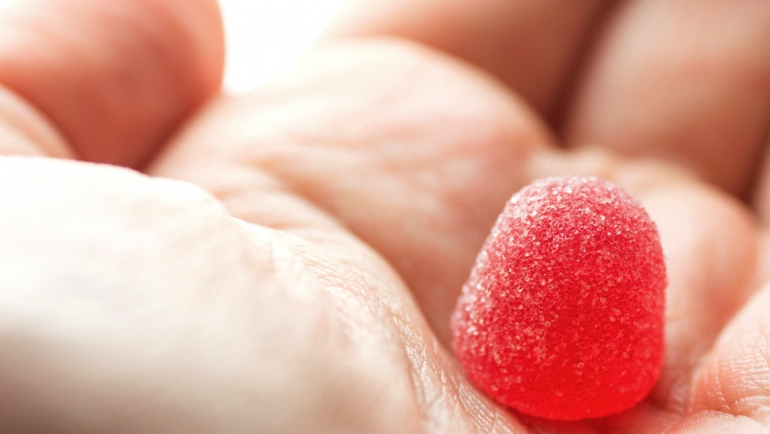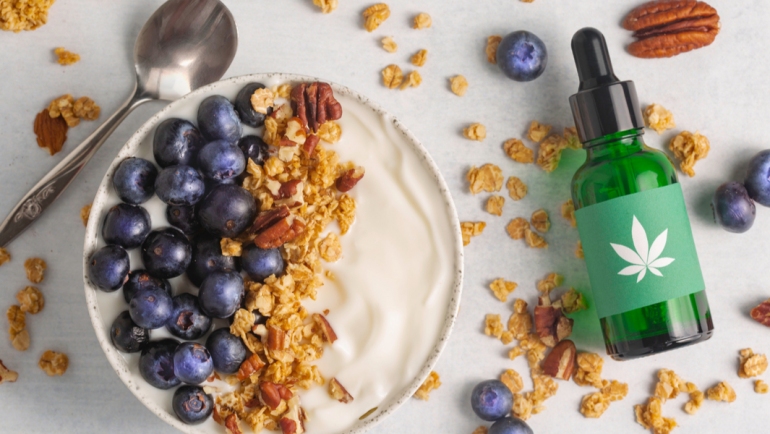What to Look for When Shopping for CBD
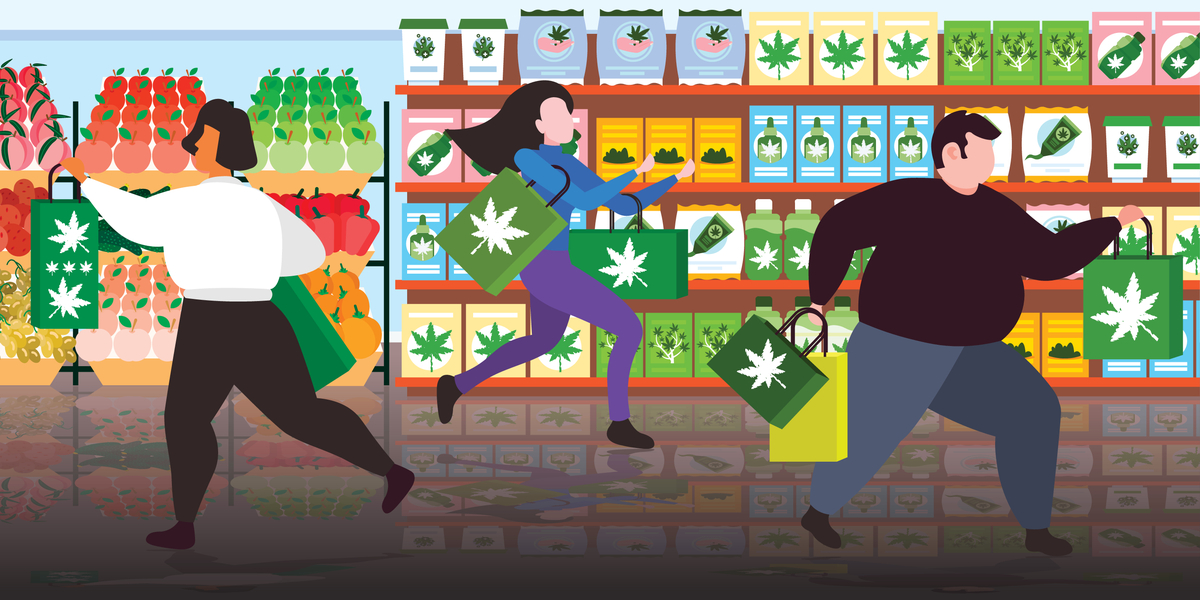
Planning to join in on the CBD craze? Before anything else, you should know what to look for when buying CBD oil. There are many products out there that are either authentic or only passing itself as one.
Knowing which to pick will not only protect you as a consumer but help the entire industry as well.
Weeding out the inauthentic ones and supporting the best CBD products out there will certainly help small to medium hemp enterprises make a name for themselves.
Now, unless you’ve been living under a sturdy rock in the recent decades, you’d know that cannabidiol, more commonly known as CBD, is hailed from industrial hemp plants.
If it has piqued your interest in one way or the other, doing good and thorough research will help you pick the right products. This article lists several factors you might want to consider before purchasing CBD.
Read on to know more about this latest hemp trend.
Why do People Take CBD?
First and foremost, why are people so enamored with CBD anyway? What makes it different from the hundreds, if not thousands, of other organic herbal supplements? For one, it comes from cannabis.
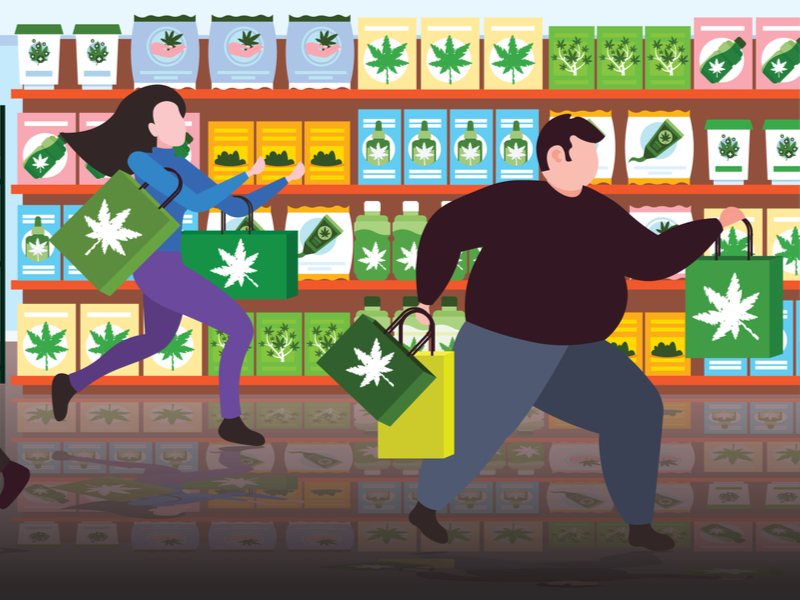
Quite a popular plant species, as you well know. Thanks to its origins, it did not take long for the compound to garner attention from the general public.
However, unlike regular marijuana, CBD is completely non-psychoactive. It does not at all produce any intoxicating side effects. If you must know, this is because hemp plants by nature are low in the amount of THC content, the compound responsible for the infamous weed high.
Though not all the time completely THC-free, the meager 0.3% trace content that is legally allowed is not enough to make you even dizzy. The three types of CBD — full-spectrum broad-spectrum, and CBD isolate — vary according to the cannabinoids they carry.
In any case, CBD oil in itself is popular for its myriad of supposed health benefits. Some studies suggest it could help with everything from pain relief, anxiety, sleeping problems, to curbing addiction withdrawal symptoms.
It has even been approved in the treatment of rare forms of epilepsy and cancer.
For the more common user, it’s a daily supplement to help with relaxation and boost mood and energy. There are also many forms of this hemp oil extract. Ranging from CBD tincture, pill, topical, lip balms, and even pet treats.
Others also prefer CBD-rich hemp plants in its raw form to add to food and beverage or through smoke inhalation.
How to Find Top-Shelf CBD Products
When looking for high-quality products, the internet can be your best friend. A few simple keywords on a search engine ought to direct to the most popular links of products online.
Unfortunately, popularity does not always translate to quality. The same goes for hemp oil products.
If it is your first time, you should be well acquainted with what to look for when buying CBD oil. There are several factors to consider.
Namely, just how reputable the brand you’re eyeing is. It can be tricky work considering the hemp industry is still highly unregulated.
This is because hemp and its byproducts became federally legal only a few years ago via the 2018 US Farm Bill.
As a result, the regulations of CBD, especially ones that are safe for human use, are still in the works in most local legislations. Even the Food and Drug Administration has not approved of any statement claiming CBD’s health benefits.
Though certainly, the statements of long time users who swear by it have their own merit and are hard to discredit.
Local Hemp Source
Many hemp companies source their CBD from hemp plants instead of marijuana. Where the raw plant material is grown and how is vital to the final outcome of the product. Moreover, locally grown hemp is the better choice.
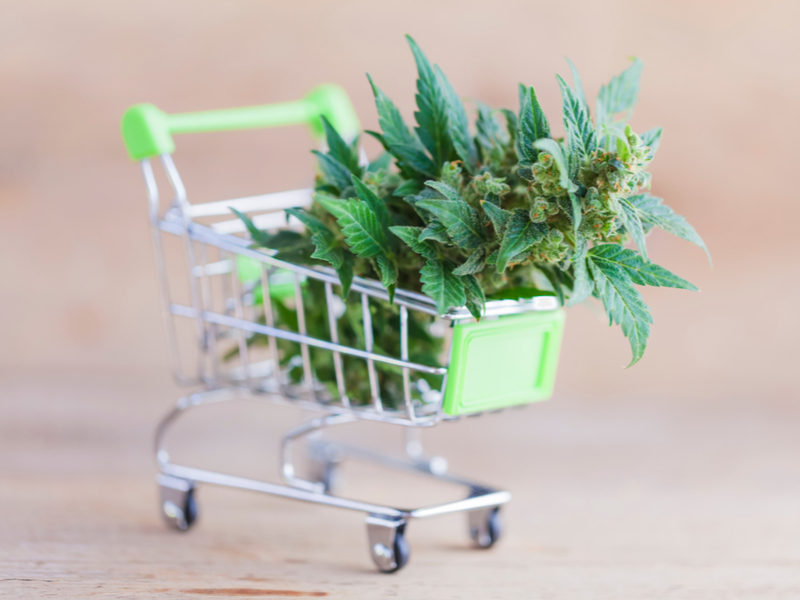
The hemp used to make CBD products sold in the U.S. mostly comes from the state of Colorado, Oregon, or Kentucky. Otherwise, they are imported from overseas.
Why is it important that the hemp is locally sourced? Apart from helping boost the local economy, local hemp programs are considered safer in terms of production.
The agricultural programs are overseen by the Department of Agriculture. From the moment of propagation to cultivation up until harvest, the hemp plants are spot-tested.
THC levels are checked and other toxins are removed such as pesticides, herbicides, and heavy metals. Overseas hemp materials are not subject to the same scrutiny so using them comes with certain dangers.
In knowing what to look for when buying CBD oil, it is always best to check the source of said CBD product. Not all products state their origins in the label. You can request this information from clerks at a physical store or the company’s website.
Third-Party Lab Testing
Though it isn’t strictly required, reputable brands always have their CBD products undergo third-party laboratory testing. The laboratories are independent certifiers of hemp and hemp products.
A certificate of analysis or COA is then issued if the products pass a set of standards. These standards are also regulated by the USDA and must be met strictly.
The COA will list the types of tests done, CBD and THC levels, other cannabinoids present, and if contaminants are also found. Having a COA is a big advantage for hemp brands because it certifies the purity and potency of their products.
If a CBD brand does not have a COA or refuses to make it public to consumers, best to avoid their products altogether. A certification that proves the quality and local origins is one to consider in what to look for when buying CBD oil.
USDA Organic Certification
The United States Department of Agriculture (USDA) Organic Certification is practically a gold stamp of approval for CBD products. Following the latest improvements on the Farm Bill, hemp was labeled as an agricultural commodity.
As such, it has been since evaluated for its organic properties.
Due to its rise in production, the USDA found it fit to organize organic certifications for growers and distributors of not just cannabis plants but hemp as well. And, of course, for the benefit of the consumers.
In essence, a USDA Organic Certification means that a product was planted, cultivated, and harvested in conditions that have made it perfectly safe for human consumption.
What does this “safety” mean, especially for customers such as yourself? One, it ensures that the raw hemp material is organic, GMO-free, pesticide and herbicide-free, and generally as natural as they come.
Whereas before it was difficult to find the USDA Organic Certification stamp in CBD products, more brands are starting to acquire them.
Potency & Strength
Knowing what to look for when buying CBD oil, you’ll want to consider its potency as much as its purity. Depending of course on what type of CBD product you use, you may or may not experience the entourage effect.
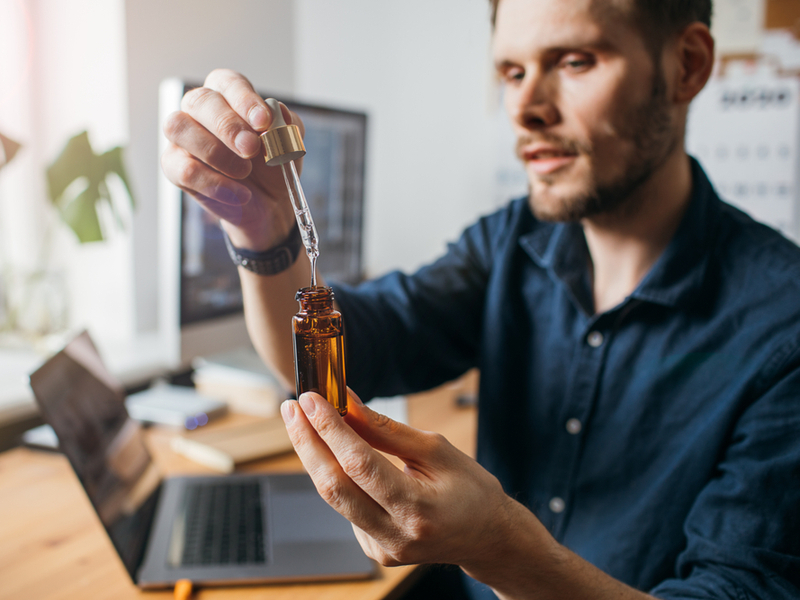
However, any good hemp oil extract will still have you reap all of its benefits.
Products that clearly show its contents on the labels are a good sign. How much CBD is in it? What is the suggested dosage? And even all the other ingredients it contains, including terpenes, flavonoids, and essential oils.
Take extra precaution against CBD products that market itself as a panacea short of a miracle medicine.
While this cannabinoid certainly does have many health benefits, it is not considered a replacement for prescription medication. It is not intended to treat, diagnose, or cure any medical condition either. False marketing is just as dangerous as fake products.
Formulation & Product Form
Good formulation and a very satisfactory final product are also dependent on the methods used to make the product. A term you may encounter is supercritical CO2 extraction.
This method is used widely and by many. Mainly because it is one of the safest if not the most efficient method of extracting CBD from the raw hemp plant material.
Using high-pressure carbon dioxide in gas or liquid form and a series of valves and machinery, amounts of CBD and other cannabinoids are separated from hemp. It is more safe compared to using chemical solvents as it does not diffuse the plant with dangerous compounds and preserves its natural composition.
However, some brands may say they used CO2 extraction but still use solvents during the process. If you want to make sure, clarify with the brand representative or manufacturer before making your purchase.
Customer Reviews
When you buy a new product, your inclination is to check its reviews first. The same goes when you shop for CBD. Customer reviews are a reliable gauge when you want to know what to look for when buying CBD oil.
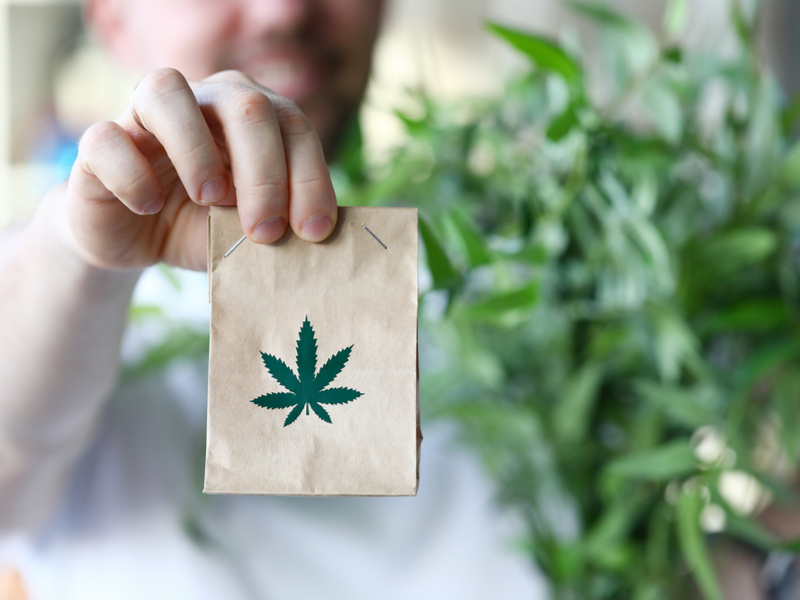
They are mostly honest, especially if it is not a sponsored review. A review can also tell you more tips on which products work best to address a specific concern.
For example, some customers recommend that tinctures are best before bed while capsules are better taken first thing in the morning. Some of the most reputable brands also rely on their customers’ good graces when it comes to marketing.
They would provide the best customer experience and ensure quality products to make everyone come back for more.
Final Thoughts
Now that you know the basics of what to look for when buying CBD oil, you’re almost good to go. While this list may be of some help to you, there are still other factors to consider before jumping into the CBD trend.
The most important of them being, is CBD safe for you in particular?
This is not to say CBD is a dangerous compound. In fact, the WHO has labeled it as a generally safe substance. It lacks the potential for dependence or abuse. However, if you have a complicated medical history, it is still best to consult with a physician first.
Pregnant and nursing people and those with pre-existing conditions may be susceptible to complications in future use.
In any case, if a medical expert has given you the go signal, go back to this list. Whether you’re a novice in the world of cannabis or a long-time connoisseur, there is always something new to learn every day.
Is CBD Legal? Hemp-derived CBD products (with less than 0.3 percent THC) are legal on the federal level. Moreover, these statements have not been evaluated by the Food and Drug Administration. This product is not intended to diagnose, treat, cure, or prevent any disease and products that have not been FDA approved. Likewise, you must be at least 21 years old to purchase these products. Talk to your physician or medical doctor for additional information.


